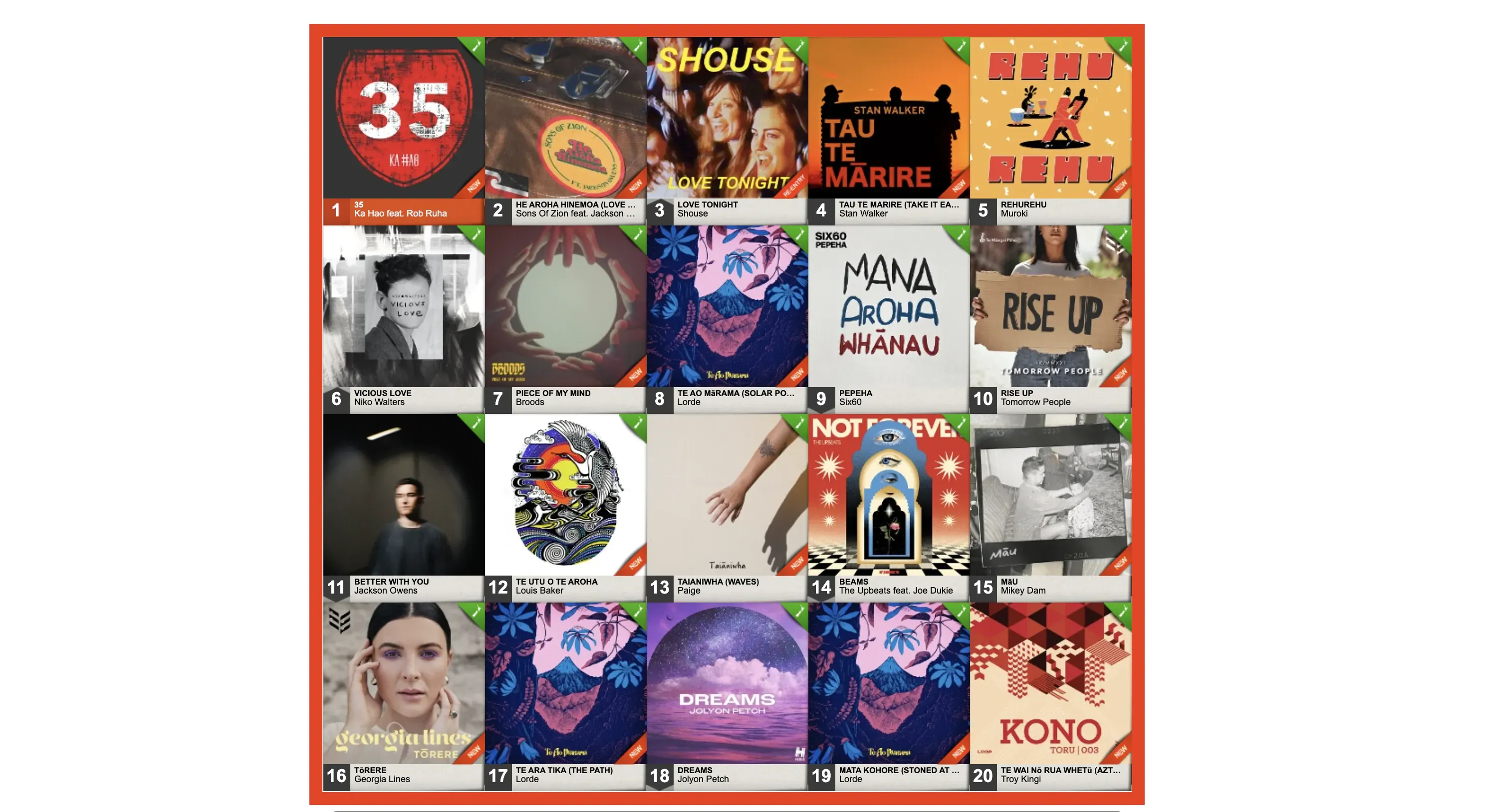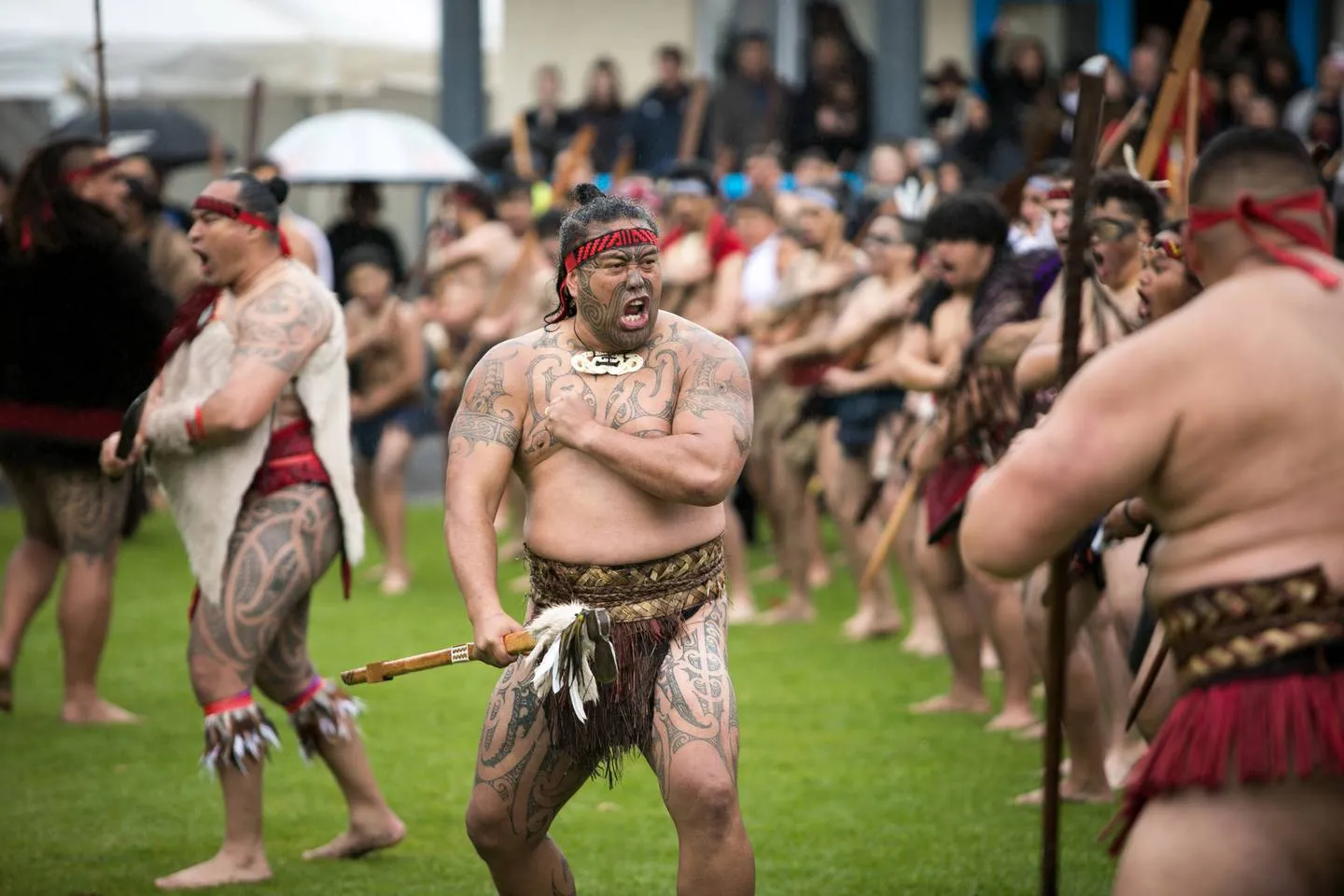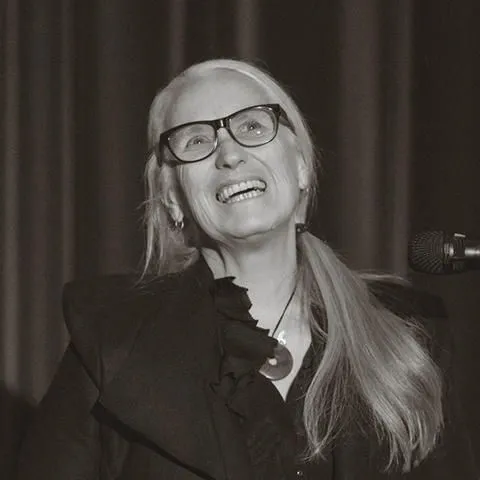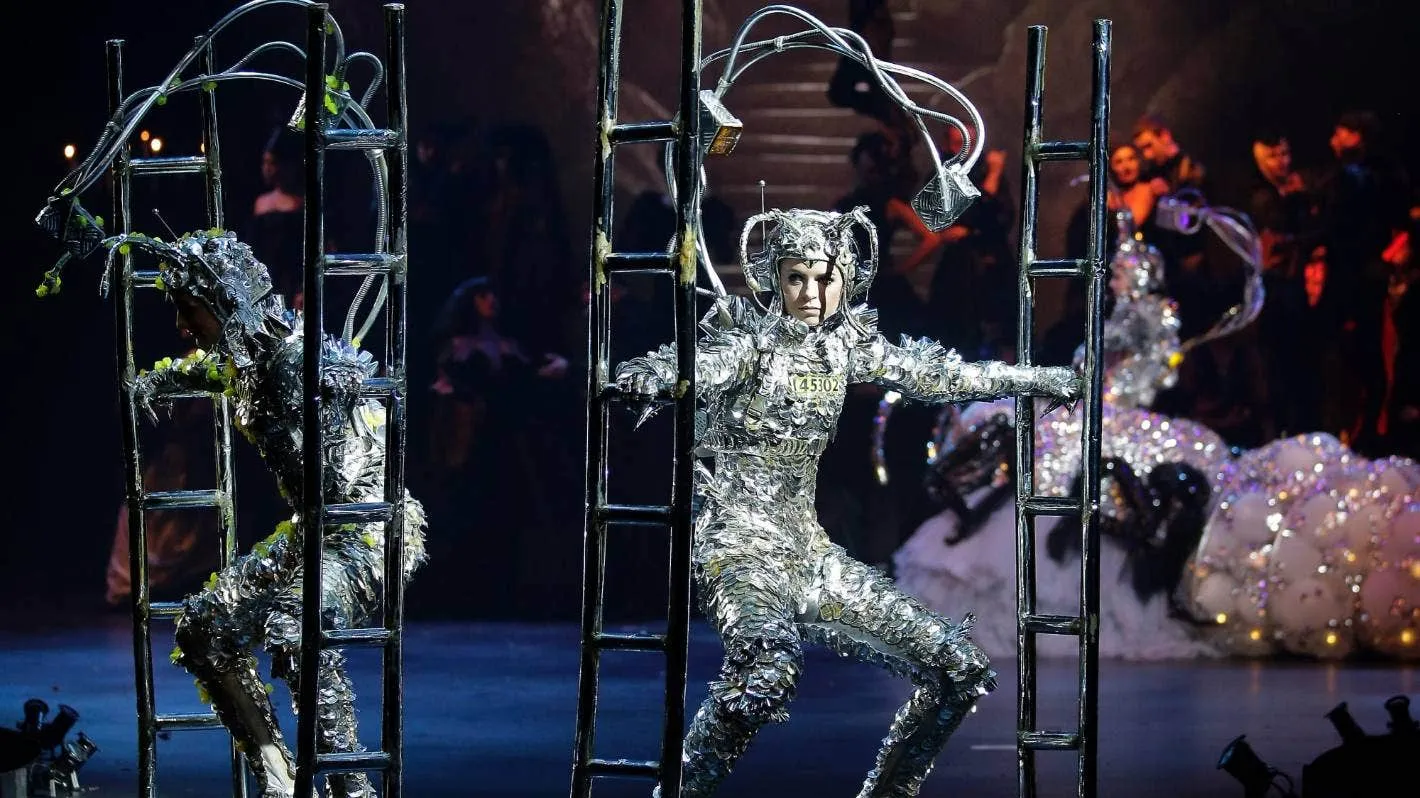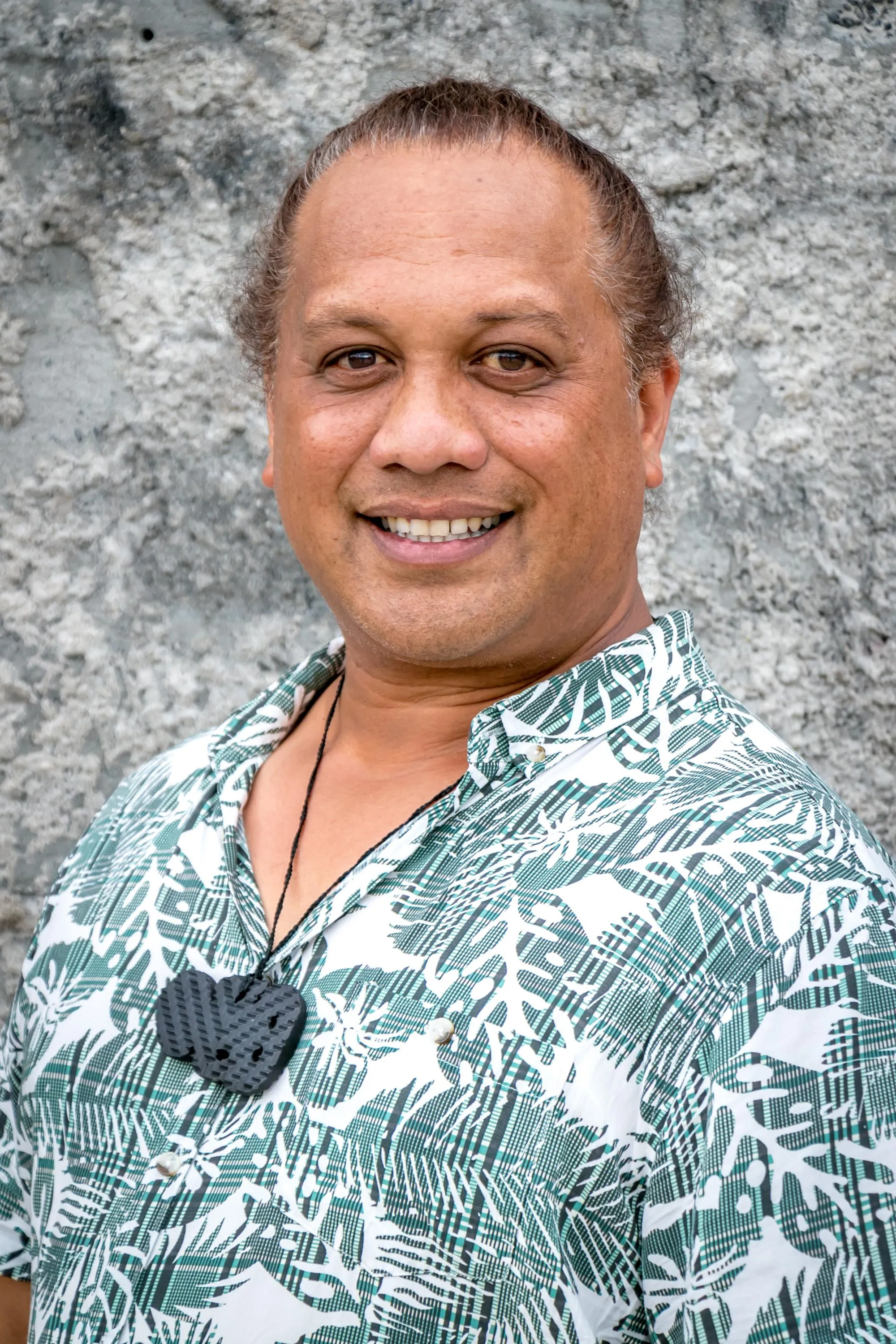Laud Te Reo or Lorde’s Te Reo? Debate Far From Resolved
Written by
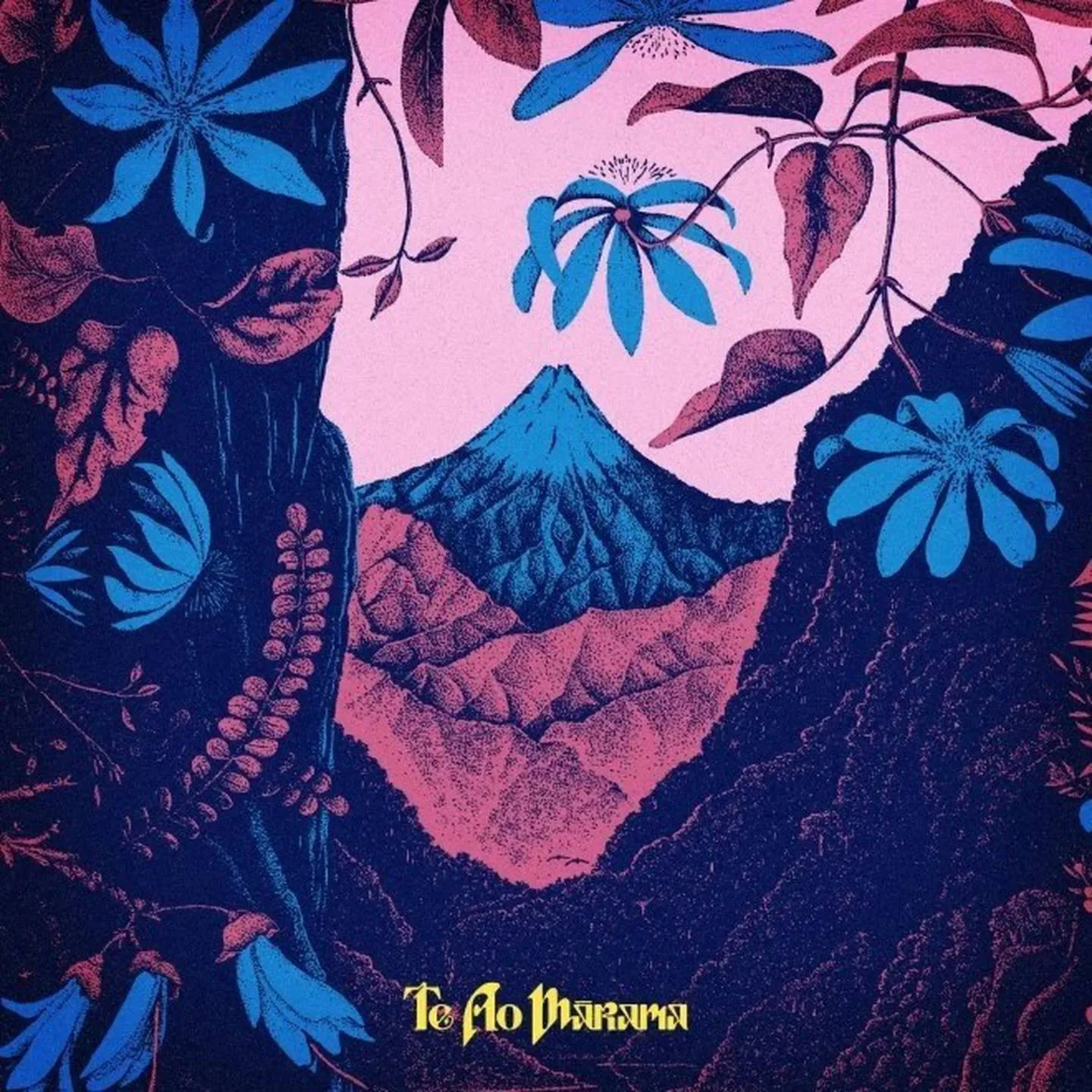
It’s Te Wiki o Te Reo Māori and we’re talking about Lorde.
The universally known single-syllable performer - the stage name of Ella Yelich-O'Connor - has dominated the media headlines and social media conversation/debate this week after releasing her EP in te reo Māori, Te Ao Mārama, made up of five songs from her current Solar Power album translated into Aotearoa’s native tongue.
There is so much incredible mahi to celebrate during Te Wiki o Te Reo Māori and we will get to that soon, but the reaction from many Māori - especially Māori creatives - to this album isn’t really being covered in the mainstream media.
Perhaps it’s a lack of interest, perhaps it's an issue that doesn’t resonate with them, perhaps it’s an uncomfortable one to cover. Anyone mentioning Lorde in anything less than glowing terms is pretty much a no-no in the national entertainment media.
We have to state clearly - it’s an issue that The Big Idea made the decision to be part of raising.
The first-hand experience of highly regarded choreographer Jack Gray with Lorde’s record company, when approached for his expertise, led to him penning his very personal take on the album - Tokenism in Full Force. If you want to be aware of how this conversation goes, it is a must-read.
Reaction and feedback have come from all sections of the creative community - some voicing their opinions, others still not comfortable to go public with theirs. A visit to the comment section of TBI's social media pages shows the level of feeling involved.
There are many who stand up for both camps - those who support the album and those who are uncomfortable with it. It led to Gray following up with Waking up Māori Again - Why This Kōrero Matters.
Anyone who thinks this kōrero is about whether Pākehā should be able to use te reo or not has completely missed the point.
Lorde explained her decision to translate her songs to te reo, saying “I'm not Māori, but all New Zealanders grow up with elements of this worldview. Te ao Māori and tikanga Māori are a big part of why people who aren't from here intuit our country to be kind of 'magical', I think.
"It's also just a crazy beautiful language— I loved singing in it. Even if you don't understand te reo, I think you'll get a kick out of how elegant my words sound in it."
Lorde collaborated with some of the unquestioned heavyweights of the te reo movement; Sir Tīmoti Kāretu, Dame Hinewehi Mohi, Hana Mereraiha and Hēmi Kelly - Bic Runga and Marlon Williams also feature on the tracks.
The Spinoff has catalogued the “journey” for Lorde and the “language champions that brought the project to life.” It too is a vital read in hearing all viewpoints in this kōrero. There’s even a breakdown of the lyrics with comment from those involved in the process, ranging from deep musings to “this is my favourite one.”
Dame Hinewehi spoke glowingly of working with Lorde on RNZ - pointing out she's been working with artists on te reo Māori translations since the 2019 album Waitata/Anthems and that “Ella, of Lorde fame, is no different.”
Gray is at pains to point out that “the Māori involved in the project are idealists. They truly want Te Reo to be respected. I have no doubt as to the integrity they carry themselves with and the desires they have for a positive impact. I truly get that. My beef is not with them. It’s not with the intent to broaden Te Reo.
“It is with the fabrication of the music industry which dress things up to market these ideas of empowerment back to the people who have already been taken from.”
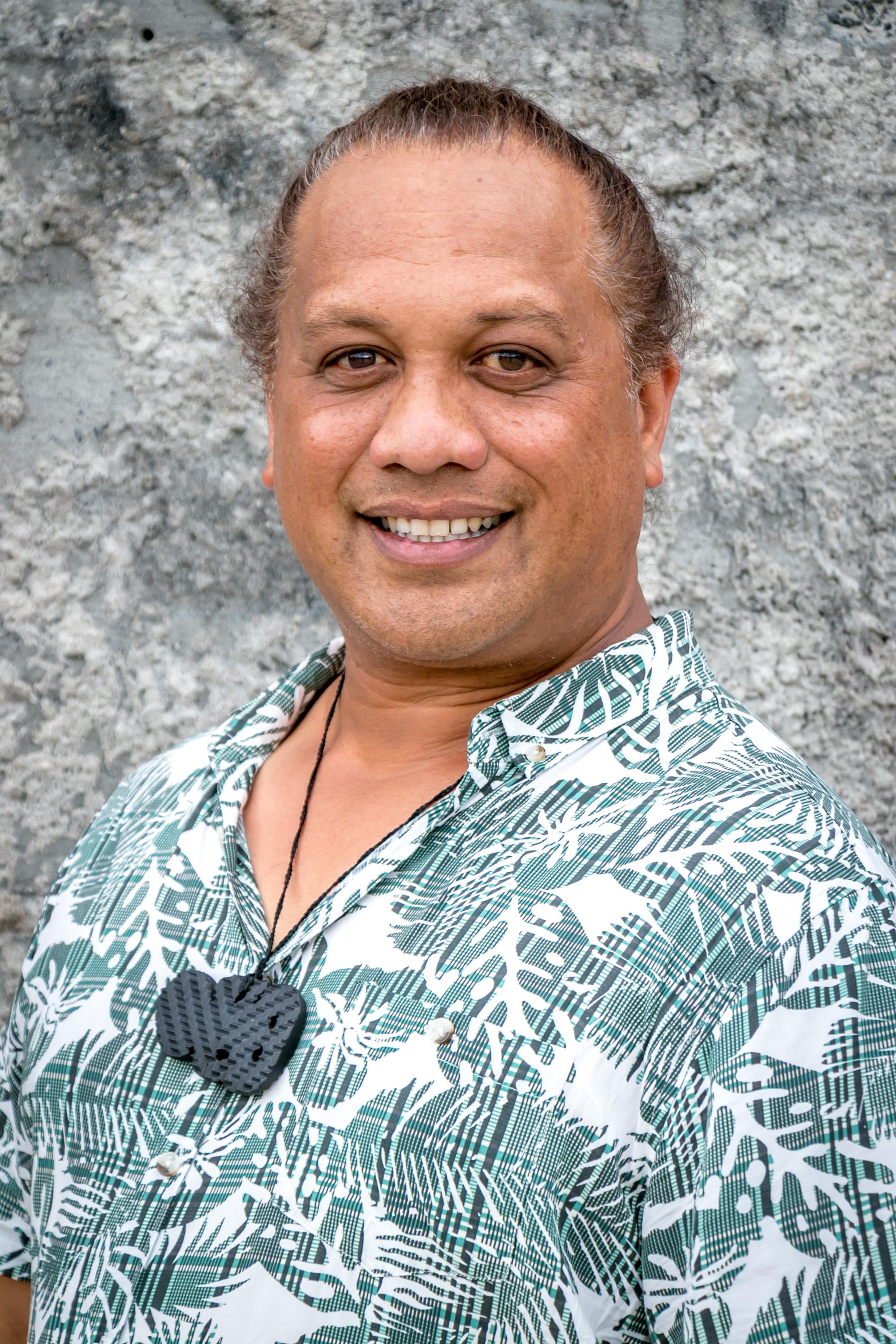
Jack Gray.
Morgan Godfery, a senior lecturer at Otago University - has called for those who are uncomfortable with Lorde’s mini EP to “Give her a break” in The Guardian - stating that “Non-Māori must speak Māori for it (the language) to survive.”
Another academic, Dr Awanui Te Huia, senior lecturer in Te Kawa a Māui at Te Herenga Waka-Victoria University of Wellington tackles it differently in a Newsroom article about understanding Māori Learners, referencing the commonly used phrase of ‘do the mahi, get the treats.’
“With the rise in Pākehā participation in Māori language classes, issues of positionality are an important consideration. Being able to learn te reo Māori without having to address colonial trauma or having your language skills equated with your validity as a cultural in-group member is a privilege that Pākehā students do not have to deal with – they can merely dive straight into ‘the treats’.”
Playwright, scriptwriter and The Big Idea contributor Annette Morehu has been among those vocally challenging the defence of Lorde’s album on social media, standing up for a group left out of the heart of this conversation - Māori who haven’t had equal resources to learning the language that was institutionally drummed out of their parents’ generation.
“I can only guess that the reason the Māori celebrities who spoke up for Lorde won’t now speak up for their people is because they either don’t see us as their people, or because they will not speak out against their fearful leaders who worked on this mahi.
“And their leaders won’t speak up because to do so would be to admit that they were possibly wrong, and that the korowai of protection that they themselves admit they promised to a white lady to protect her from their own people wasn’t strong enough.
“So I can see how that must really hit the ego.
“But if you just read between the lines of this (Spinoff) article, you will see that they knew it all along.
“Because they admit here that Pākeha tried to take our language from us and that Māori are the ones who single handedly kept it alive. But they are still determined to stick to their theory that it is Pākeha reo speakers who will save it.
“And they admit that they knew those Māori who were still mamae because inequality means they have no access to reo learning resources would have that trauma triggered. And they are directly quoted as admitting that they found that to be an acceptable fall out for their cause. But they also lied. Because they said they were ready to have the conversation.
“And another thing… no one said anything about Māori not wanting any Pākeha to learn to reo. What we are saying is we will not sit by silently while a white lady with a hero complex uses it as a promotional tool and tries to tell us it is for us. No matter how you may try to gaslight the many Māori who saw this by using the same arguments that Pākeha have always used against Māori when we speak up on our mamae.
“So when they speak of this ‘reo Māori nation’ between Māori elite and their Pākeha allies… where do those non-reo speaking Māori fit in?”
“No one is calling any of your previous mahi into question. Only this one. That caused a lot of mamae to many Māori.
“But it’s never too late to say sorry.”
Lorde, who’s been drawing international attention with an appearance at New York’s hyper-trendy Met Gala, says she’s “at the very beginning” of her te reo journey - “this project is a starting point.” Some question whether a 5 track mini-album and VIP access to some of the biggest creatives in te reo Māori should be a little further down the journey than at the start.
Special spotlight
That kōrero notwithstanding, the abundance of toi Māori injected into Aotearoa is the right kind of sensory overload.
There’s no question the impact Te Wiki o Te Reo Māori has on the music scene in particular.
A quick look at the NZ Hot Singles Chart (below) shows that clearly. Ka Hao’s collaboration with Rob Ruha - 35 - holds top spot with a swag more te reo titles (yep, including several of Lorde’s) and Māori artists in there.
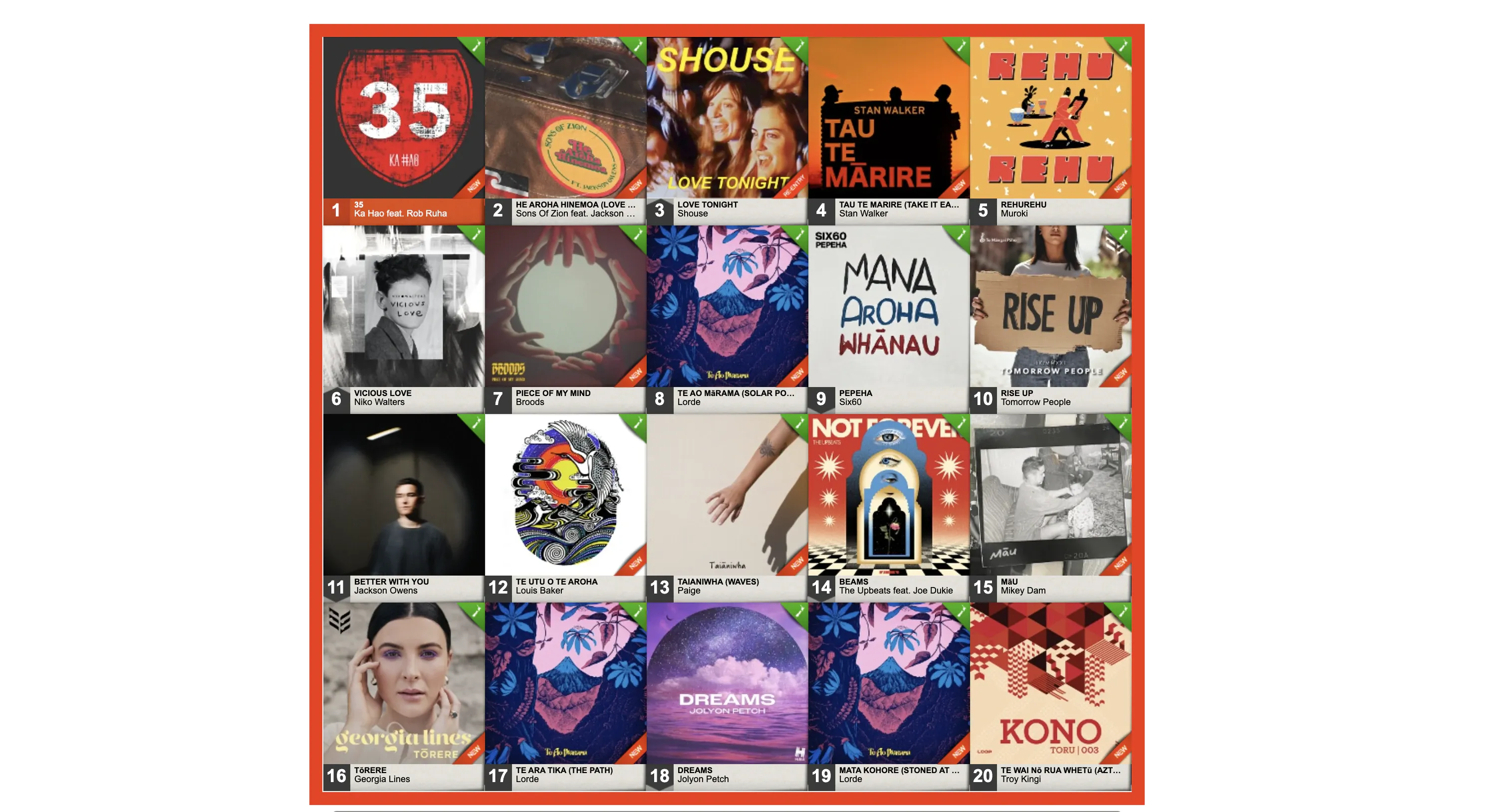
Rua’s told RNZ its young composers have given it exposure through Tiktok, which is being embraced more and more by Māori - including Theia, performing as TE KAAHU (as covered in TBI). The visual driven social platform’s another to be embracing Te Wiki o Te Reo Māori, using the week to launch a dedicated Māori hub with livestream performances.
The Waiata/Anthems playlist on Spotify and Apple Store is again getting huge traction, with many of the songs making their way through to radio stations that may not otherwise have picked them up.
Throw in a full te reo album, Kono 003, holding eighth spot on the Aotearoa Albums list and the success of Stan Walker’s intimate Matemateāone music video - including scenes from his own recent wedding - it’s not hard to see why this week is seen as pivotal to many.
And there’s more to come. Alien Weaponry has established an international reputation as not just one of the most energetic acts in heavy metal (described as the future of metal by Metal Hammer Magazine) and one of te reo’s most staunch musical headliners. Their new album Tangaroa is set to be released tomorrow (17 September)
It’s also a time that opens up conversations with Māori creatives on so many platforms.
Award-winning actor Miriama McDowell - helping make te reo Māori commonplace on our screens at the moment with Three’s Head High series - has spoken about the transition of being (at best) on the opportunities that are being opened up for Māori.
“I’m really passionate about Māori being not just one of two things: either fluent-speaking, staunch land protectors; or lost people who don’t know where they come from,” McDowell states. “There is this whole shade in between those two points and what I’m passionate about is seeing all the different colours of who Māori can be.”
It’s not just the visual and aural examples of the language as well - Fresh perspectives too of the influence in the sphere of photography. NZ Herald has discussed the influence of language on photos - with Te Rawhitiroa Bosch providing an insight into how being comfortable in both te ao Māori and te ao Pākehā shapes his mahi.
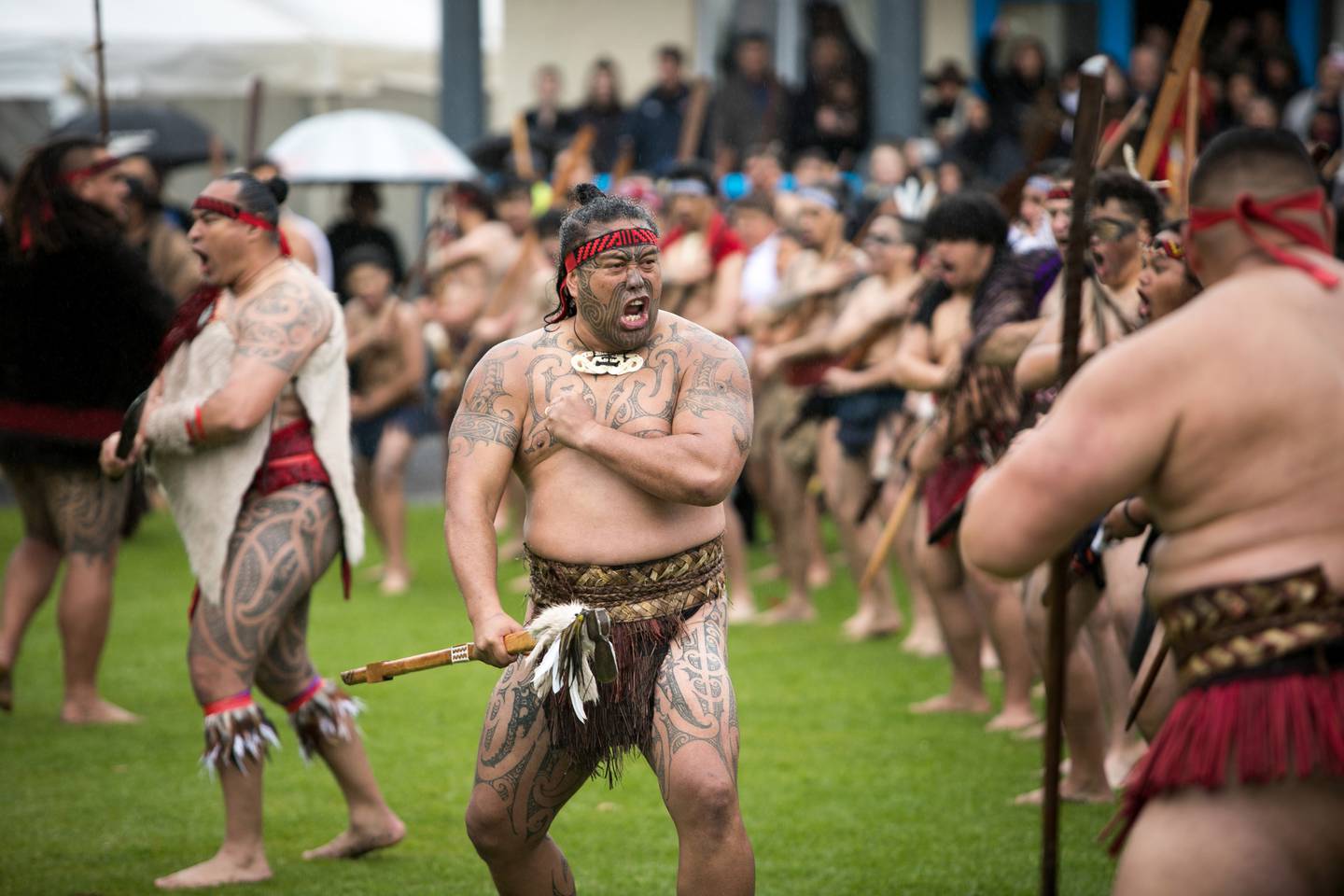
Photo taken Te Rawhitiroa Bosch at Te Pūtake o te Riri in October 2019.
While there are no new releases to tout - there are no shortage of “things to watch” lists from Aotearoa’s indigenously-influenced movie and documentary archive - with The Spinoff and Stuff’s putting together a list of NZ films worth revisiting during Te Wiki o Te Reo Māori.
The Big Idea has also looked into where the language stands in the other 51 weeks of the year - especially in the realms of stage and screen - with three creative champions of te reo.
Campion the champion
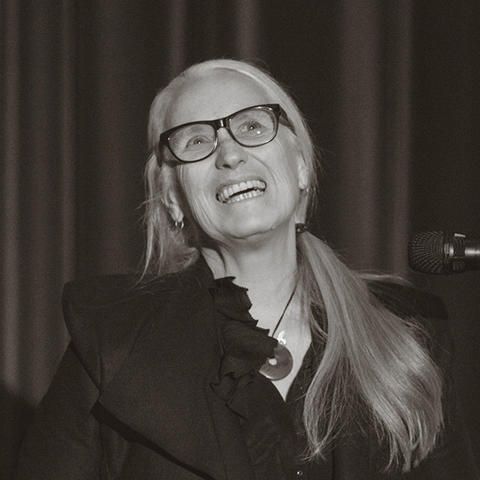
Jane Campion. Photo: File.
While Jane Campion’s past deeds are - indeed - impressive, it’s her current mahi that’s drawing the headlines.
The Oscar-winning New Zealand filmmaker has been lauded for her triumph at the Venice Film Festival, claiming the Silver Lion for Best Director with the awards buzz-worthy The Power of the Dog.
The world premiere has received rave reviews - the film shot in Aotearoa, a cast including Kiwi rising star Thomasin McKenzie and a largely local production crew including production designer Grant Major, costume designer Kirsty Cameron and hair and makeup designer Noriko Watanabe.
Campion’s using the platform of this premiere to speak to many important issues including the rise of women in key off-camera roles in high-profile movies - “since the #MeToo movement happened, I feel a change in the weather. It's like the Berlin Wall coming down or the end of apartheid for us women.”
One of her discussion points that should be of particular interest here, speaking to the Hollywood Reporter, she expressed her desire for a pop-up film school in New Zealand.
“I know that people are working on the environment, but I’m working on the intellectual environment, the learning environment and educational environment. I want it to be for free. It’s really important to me that people have the option to become filmmakers without having wealthy parents. I know I’m going to get the money for it. I’ve actually already spoken to Netflix about it and they’re going to support me doing it.”
Speaking of Netflix, producers of the platform’s hit show Sweet Tooth have put out a New Zealand casting call - the series filmed here on our shores with Toa Fraser at the helm.
The call is for young children of any gender or ethnicity, stating "we are looking for talented kids who may be deaf, hearing-impaired HOH and kids versed in NZSL Sign Language.”
Capital cash saved - then lost
Like much of the country, Wellington may be breathing a small sigh of relief with the capital at Alert Level Two, but it hasn’t diminished any pressure on the capital’s local government.
The Council-controlled Experience Wellington’s been given another broadside after the many trials and tribulations aired in public regarding the restructuring of City Gallery Wellington.
The restructure has seen Experience Wellington halve their deficit from $900,000 at the end of the year to $477,326. However, it's not the financial bottom line being attacked, rather the impact on staff morale.
Public Service Association organiser Maddy Drew states workers feel “bruised and unheard” by the process and the fall-out.
Andre Chumko’s article references legal teams for concerned patrons taking a case to the auditor-general to review (joining the Attorney-General in being asked to step into another long-running cultural sector saga - the National Library’s controversial deal with Internet Archive).
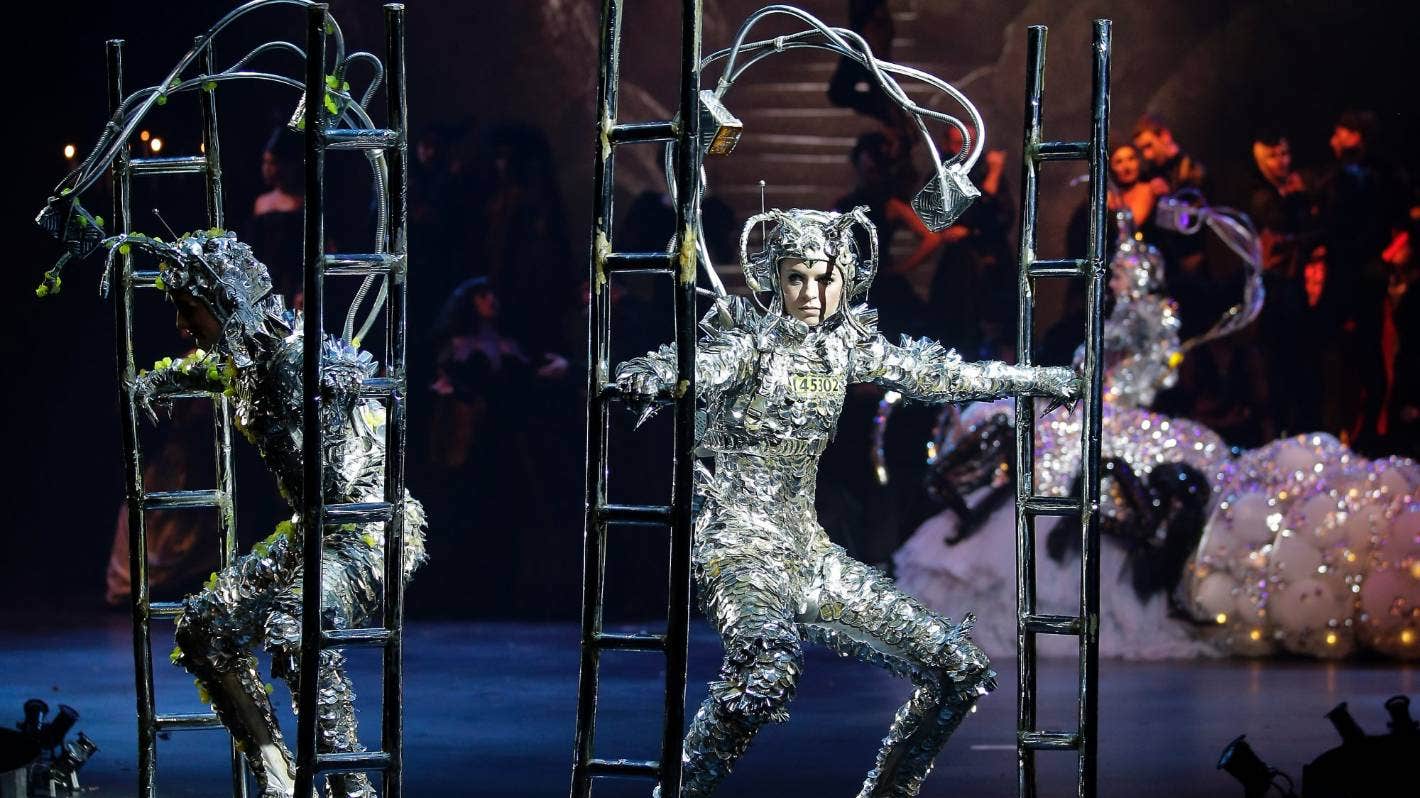
Audiences will have to wait another year to see the World of WearableArt Show. Photo: Stuff.
If that wasn’t enough of a headache for Wellington Council, they’re also set to be hugely out of pocket by the cancellation of the World of WearableArt show that it has underwritten on a multi-year deal.
The Dom Post reports it could be as high as $5 million, but that’s the “worst-case scenario” figure. It’s expected to come in lower but will still require borrowing to help pay it off. WOW hasn't been able to hold its hugely popular show since 2019 due to the pandemic.
More Delta drama
The constant COVID juggling has also seen the APRA Silver Scrolls get a new date - pushing back a month until 10 November - to give a better opportunity of Tāmaki Makaurau coming down enough Alert Levels to have people attend in person.
As we’ve discussed over the several weeks here on The Lowdown, the uncertainty is continuing to take its toll and putting pressure on live events.
So much so, the high profile summer festivals are looking under the pump - with a Stuff story quoting an industry insider that a summer without music festivals could “kill the industry”.
Delta’s been nothing short of devastating - look for the creative minds that make these events tick to look for creative solutions.
